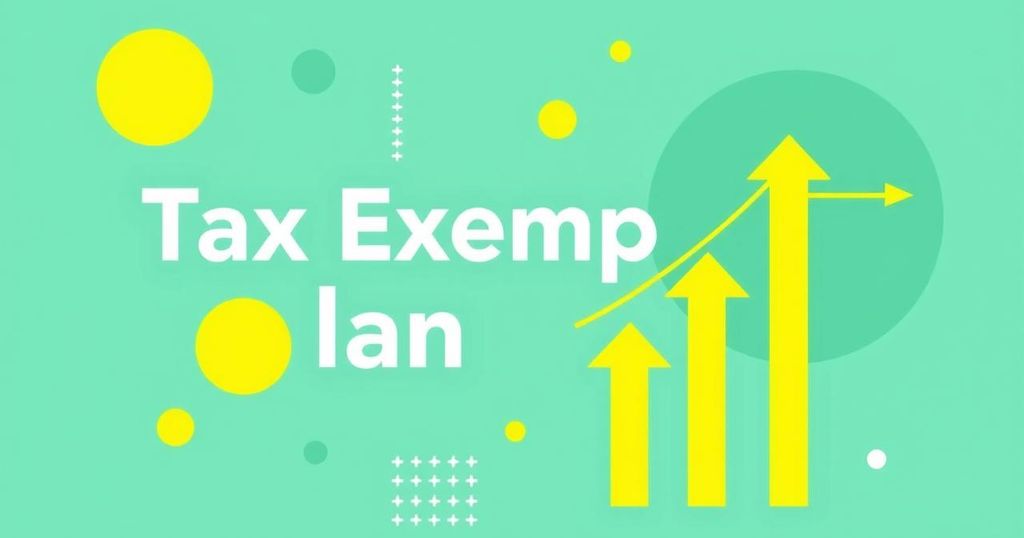Business
economics
ALEXANDRA HUDSON, BRASILIA, BRAZIL, CONGRESS, ECONOMY, FERNANDO HADDAD, GABRIEL ARAUJO, JOB CREATION, LISA, LISANDRA PARAGUASSU, LU, LUIZ INACIO LULA DA SILVA, LULA, MARCELA AYRES, MONEY LAUNDERING, REUTERS, SOUTH AMERICA, TAXATION, THOMSON REUTERS, TRADE RELATIONS
Isaac Bennett
0 Comments
Brazil Introduces New Income Tax Exemption Plan Under Lula’s Administration
Brazil’s government has proposed to exempt individuals earning up to 5,000 reais monthly from income tax, aiming to recover revenue through higher taxes on wealthy individuals and foreign profits, as President Lula seeks to boost his popularity amid falling approval ratings.
On Tuesday, the government of Brazil introduced a long-awaited plan to exempt individuals with monthly earnings of up to 5,000 reais (approximately $881.27) from income tax. This initiative aims to offset lost revenue through new taxes on high earners and profits transferred abroad. This proposal is critical for President Luiz Inacio Lula da Silva, as he strives to enhance his approval ratings amid current challenges.
In summary, Brazil’s new income tax exemption for individuals earning up to 5,000 reais per month is poised to significantly alter the fiscal landscape. The government’s strategy focuses on achieving fiscal neutrality through imposing taxes on affluent individuals and those with overseas profits. President Lula’s emphasis on tax justice may aid in addressing his declining popularity.
Original Source: money.usnews.com




Post Comment